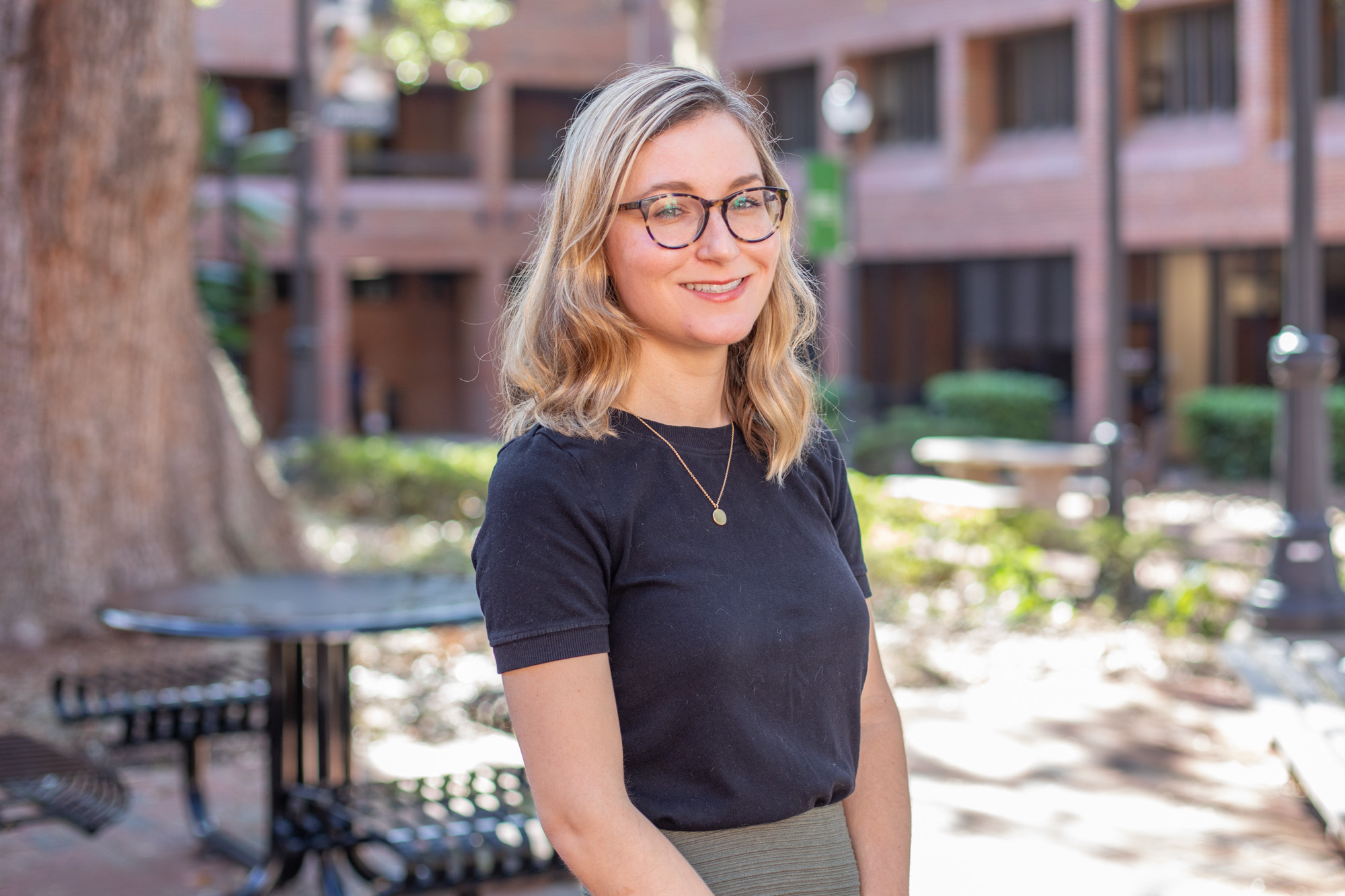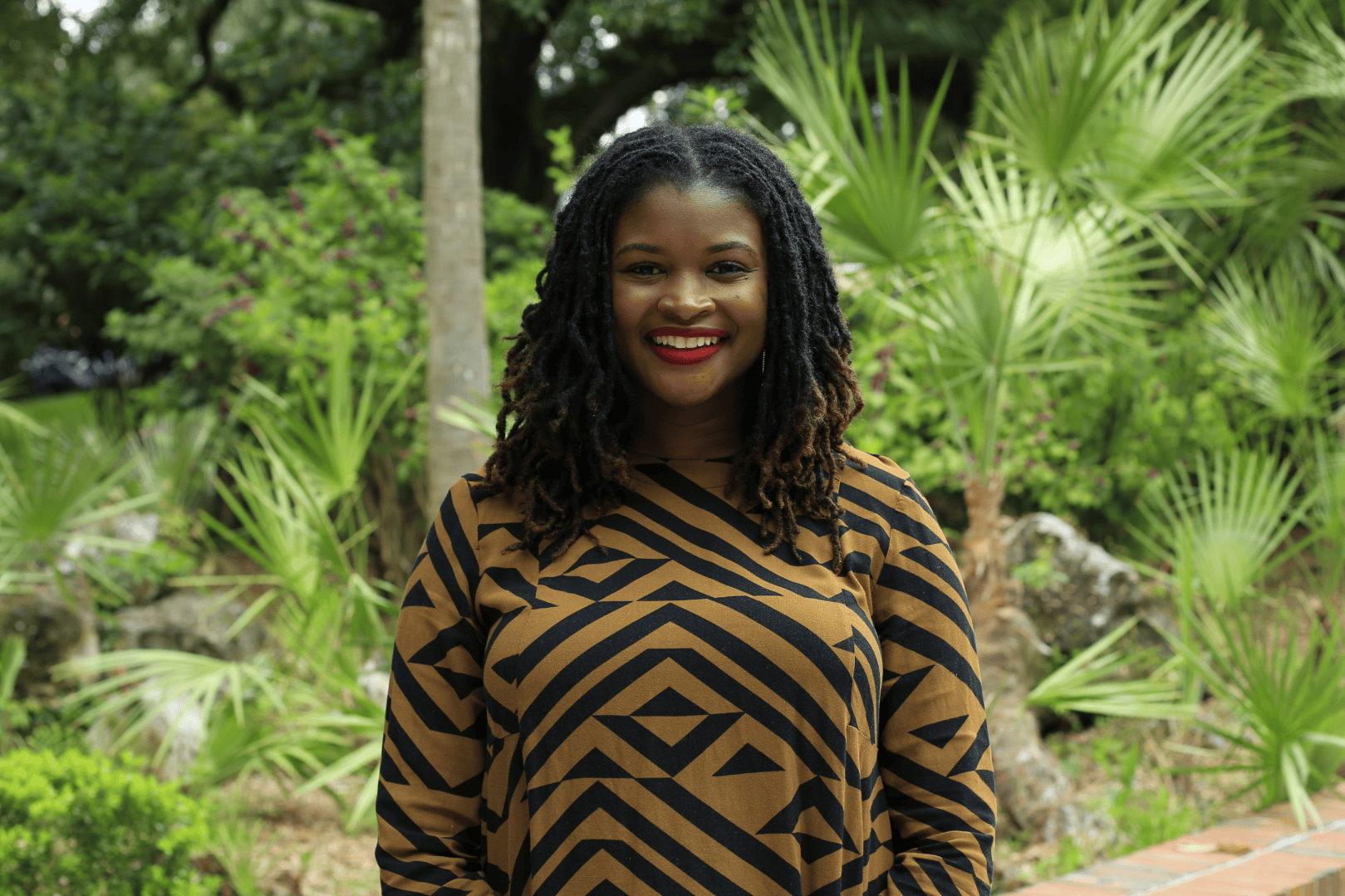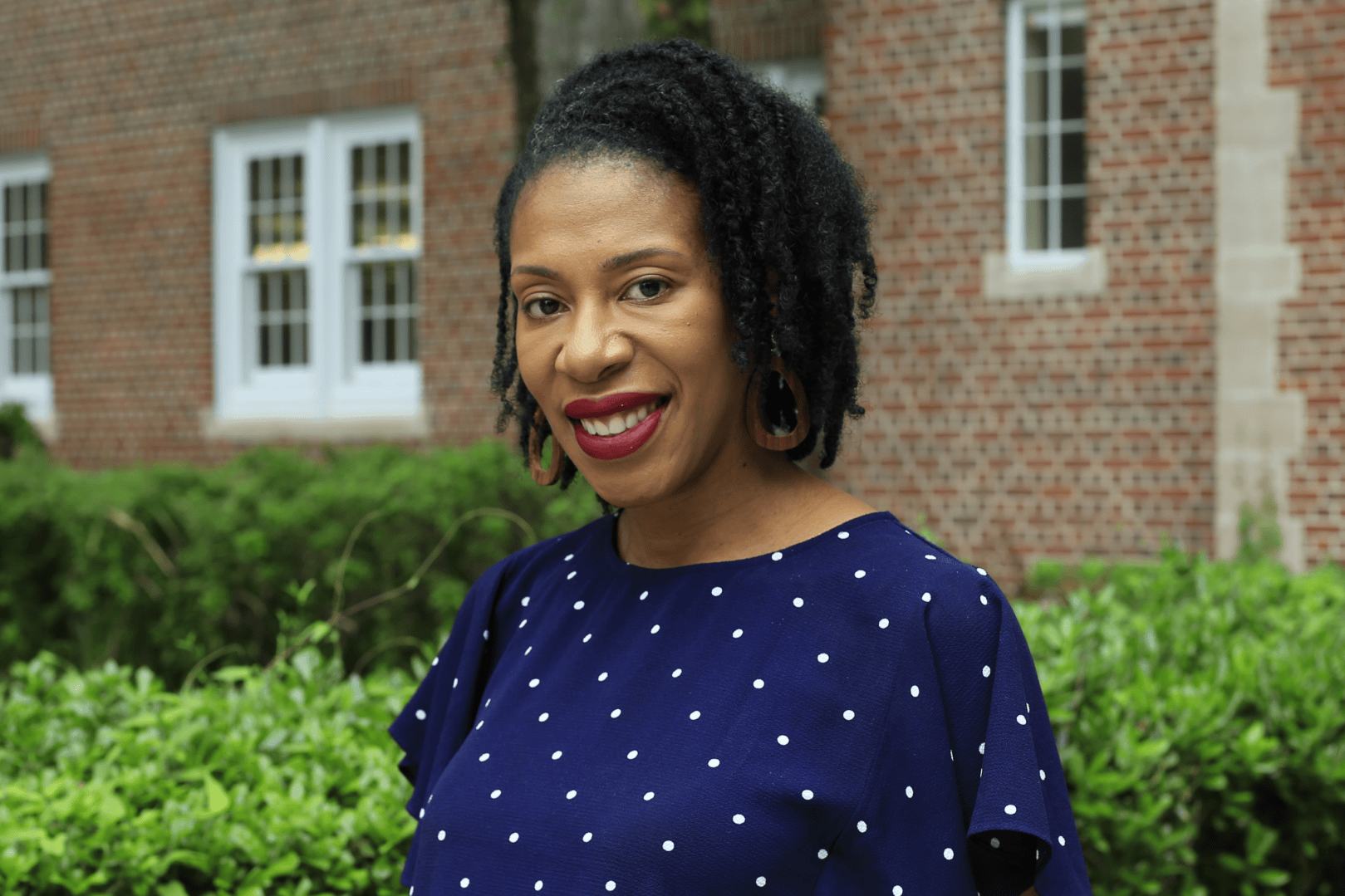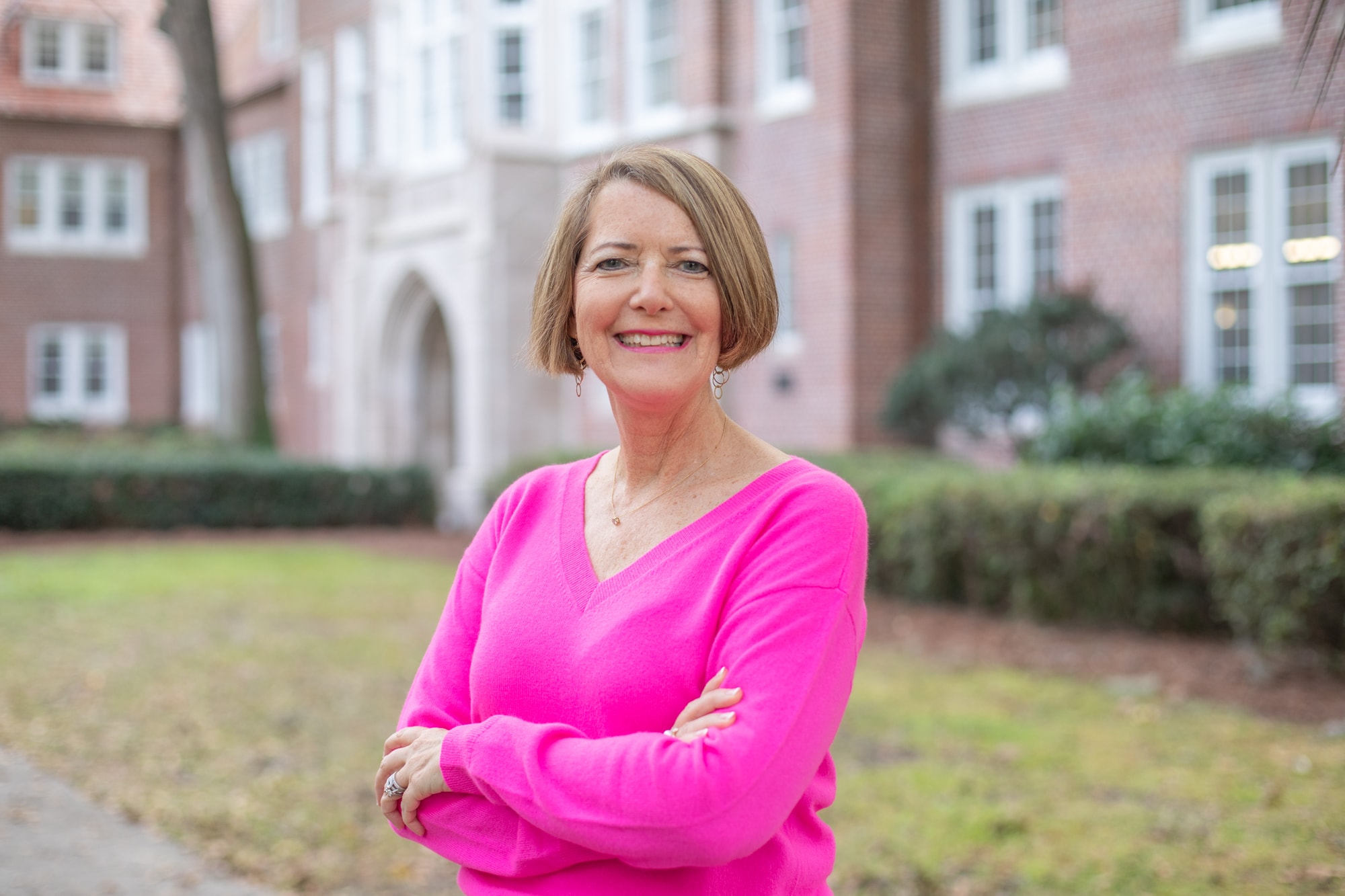Teacher, Schools and Society Program Faculty
Teachers, Schools and Society
Program Faculty
TSS faculty are actively engaged in numerous grant activities and special projects related to preservice teacher education and the continuing professional development of practicing teachers locally, nationally, and internationally.
These professors have a strong commitment to social justice. They work to link K-12 education and doctoral student education to create better educational experiences for all students.











